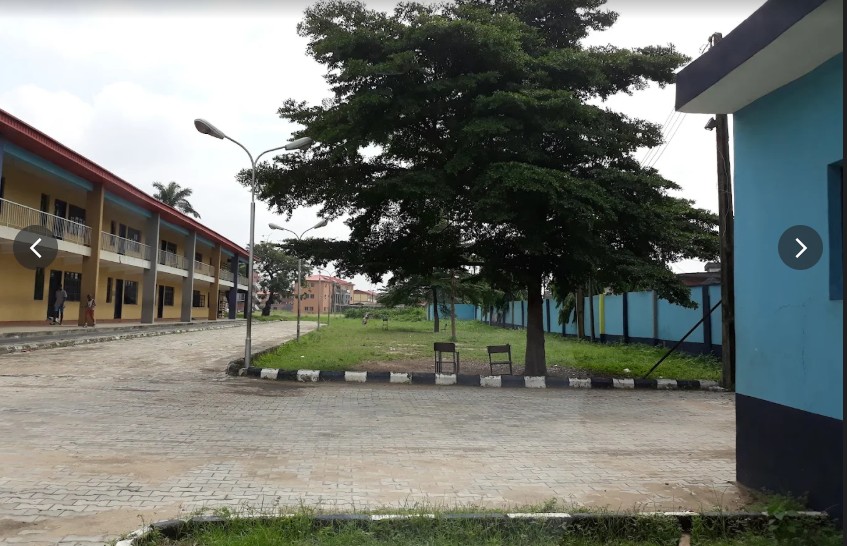Joining Date:
13. July 2025
LOCATION:
Shomolu
Website:
nigeriaprivateschools.com
Phone:
+2348035229539
Founded:
1859
Total visitor views:
63
Print:
Print Profile

